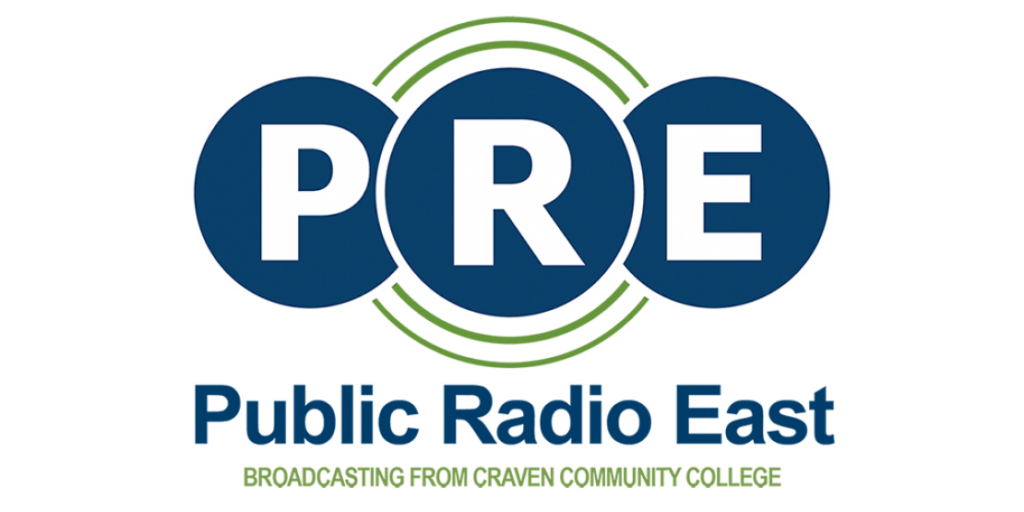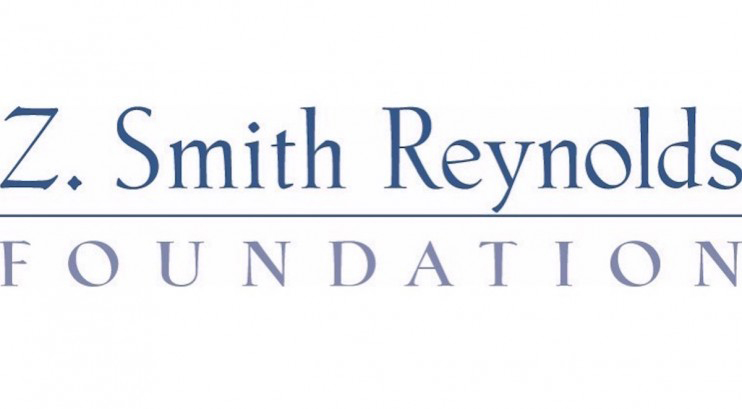Swim Guide
Get your weekly water quality alerts here!
swim guide here
Want to get weekly water quality alerts straight to your phone? Text “SWIM” to 833-686-5322!
EN ESPAÑOL
Sound Rivers’ Neuse and Pamlico-Tar Riverkeepers work with interns and volunteers to monitor water quality sites in the Neuse and Tar-Pamlico watersheds. Our sites are sampled weekly from late May through the end of August. Sites are monitored for E. coli bacteria in freshwater and enterococci bacteria in salt water.
As soon as results of our monitoring are available they will be posted to here, can be found at the Swim Guide website, using the smartphone app, on our Facebook page, and will be announced on Public Radio East between 4 p.m. and 6:30 p.m. each Friday. You can also get weekly alerts during the summer via text (text SWIM to 833-686-5322 to join our text alert list).
CONDITIONS ON
July 26, 2024
Be sure to check in on this page every Friday afternoon through the summer to get the latest water-quality results!
We had a lot of fails this week because of the heavy rain over the past two weeks. More stormwater runoff means more bacteria is washed into the waterways!
UPPER NEUSE
Three sites failed on the Upper Neuse this week: Buffaloe Road, Milburnie and Poole Road canoe launches.
The Rolling View launch on Falls Lake, the River Walk and Neuse Golf Club in Clayton, Smithfield Town Commons launch and all Lake Royale sites were not tested this week.
LOWER NEUSE
Seven sites failed on the Neuse this week: Maple Cypress boat ramp in Grifton; Glenburnie Park, Town of Bridgton Park, Upper Broad Creek at Black Beard Sailing Club and Lawson Creek Park in the New Bern area; Slocum Creek boating access in Havelock; and Pierce Creek at the Sea Harbour Yacht Club in Oriental.
TAR-PAMLICO
Eight sites failed on the Tar-Pamlico this week: Sunset Park and Tar River Reservoir in Rocky Mount; River Road boat ramp in Tarboro; Town Common, Wildwood Park and Port Terminal in Greenville; Yankee Hall Road boat ramp at Pactolus; Mason’s Landing and Havens Gardens in Washington; Dinah’s Landing at Goose Creek State Park; and Cotton Patch Landing on Blounts Creek.
Get Swim Guide Results
Swim Guide volunteers sample each site on Thursdays throughout the summer and results are available by Friday afternoon. They will be posted to this page, can be found at the Swim Guide website, using the app, on our Facebook page, and will be announced on Public Radio East between 4 p.m. and 6:30 p.m. each Friday. You can also get the results via weekly text alerts during the summer — just text SWIM to 833-686-5322 to join our text alert list!
Like the Swim Guide? Donate here to help keep the Swim Guide alive!


Water Quality Criteria
Sound Rivers uses the North Carolina and EPA water-quality criteria for contact recreation. Sites are marked green when the last sample was at healthy levels of bacteria. Sites are marked red when the last sample was above the criteria, or unhealthy levels of bacteria. Sites are marked grey when there are no current results or there is no available information.
E. coli is a type of bacteria found in the intestines of people and other animals, and is a good indicator of recent fecal contamination. While most types of these bacteria are harmless, some types can make us sick or cause more severe gastrointestinal issues in more sensitive groups.
The North Carolina Department of Environmental Quality’s Division of Marine Fisheries Recreational Water Quality Program does additional testing in the region. Those results are also incorporated into the sites listed on the Swim Guide website and app.
Thanks so much to our Sponsors, who are helping us bring you
the Summer of 2024 Swim Guide!














